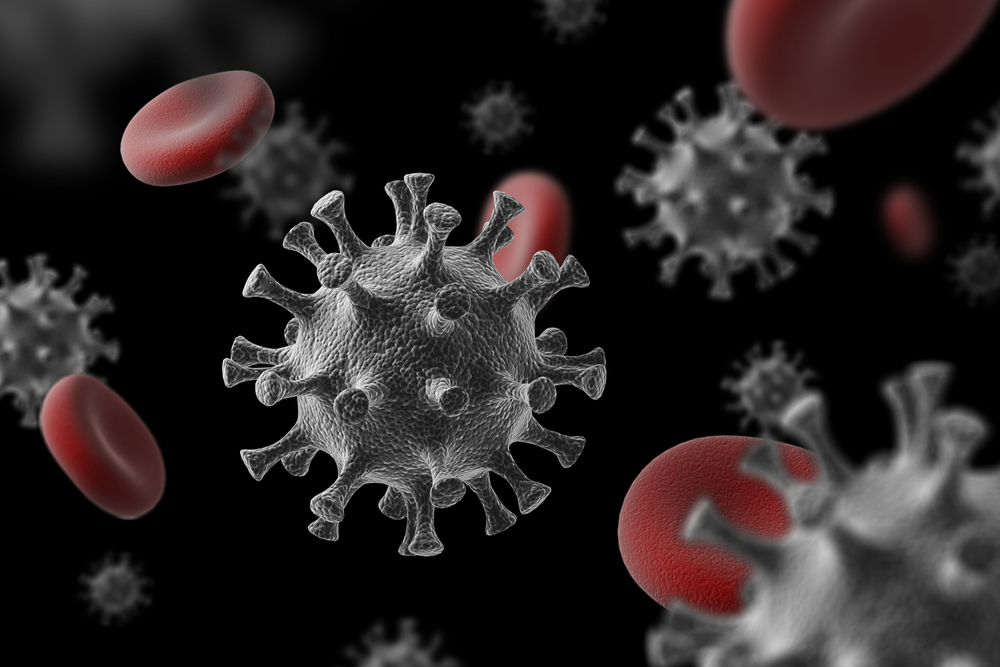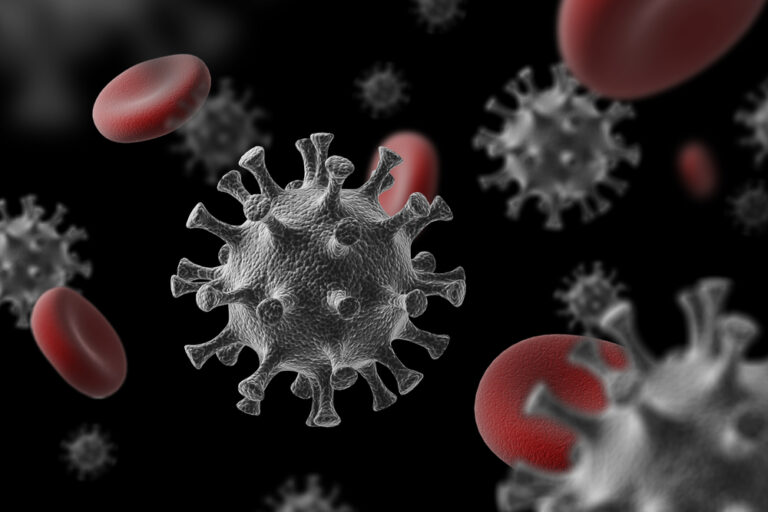
With the heightened concern about transmission of the coronavirus in the past year and ongoing concerns due to viral mutations, the topic of viricides, bactericides, fungicides, and algicides is a timely one. Everyone is using them multiple times per day. But these antimicrobials extend beyond personal care products, such as hand sanitizers, rubbing alcohol, soap, or bleach.
First, a material is considered antimicrobial when it has activity > 2 (ASTM E2149-01), which means it inhibits the growth of viruses, bacteria, fungi, and algae. Picture a humid or wet environment like Florida where you would have mold and mildew growing on every surface if certain types of coatings were not used. Or inside a can of paint. Or on the hull and deck of a boat. Or on the deck of your house.
Many construction, paint and coatings, textiles, or plastics and rubber products are susceptible to degradation and spoilage by mold, algae, and bacteria that can result in health risks for consumers or in unsightly surfaces.
There are products that aid in the prevention and proliferation of these critters. First, we distribute a product by Tolsa, ADINS Protection S10, which is an antimicrobial additive based on a patented natural silicate clay with active substances and cations that target bacteria, algae, and fungi. The inorganic carrier allows optimal dispersion in the matrix and controlled release for high antimicrobial activity. This technology allows for reduced amount of cations for equivalent activity which reduces cost and environmental impact. The “protection” of ADINS Protection S10 comes from silver ions that interact with the microbial cell membrane to prevent the entry of nutrients, block the cell’s respiration, and induce the loss of cellular component needed for replication.
ADINS Protection S10 has been shown to be active against all enveloped viruses, including coronavirus and norovirus, rotovirus, and adenovirus. These viruses have a viral envelope made from portions of the host’s cell membrane and the virus’ own glycoproteins. The envelope is the outermost layer, that protects the virus’ genetic material from the host’s immune system. EPA registration is in progress.
Long-time industry expert John McGroarty, president of Global Biocides Solutions, says, “Although silver-based biocidal products have been around for a time, the unique formulation introduced by Tolsa could have very interesting viricidal efficacy in an easy-to-use additive based on initial performance data.”
We also distribute Tolsa ADINS Clean photocatalytic silicate additives for self-cleaning and decontamination of paving stones, floor tiles, street furniture, asphalt slabs, concrete flooring and pavement, concrete roofs, and mortar, concrete and prefabricated panel building facades. ADINS Clean can be added to coatings, mortars, paints, or cementitious systems. These photocatalytic products are used to increase the speed of organic material degradation, which results in self-cleaning surfaces that prevent dust, mold, contaminants, and chemicals from accumulating. Construction materials that reduce contamination around them are important in urban centers where the need to decrease environmental contamination from air pollution is a priority. ADINS Clean will remain active for the life of the system.
To learn more about these products, click here.


